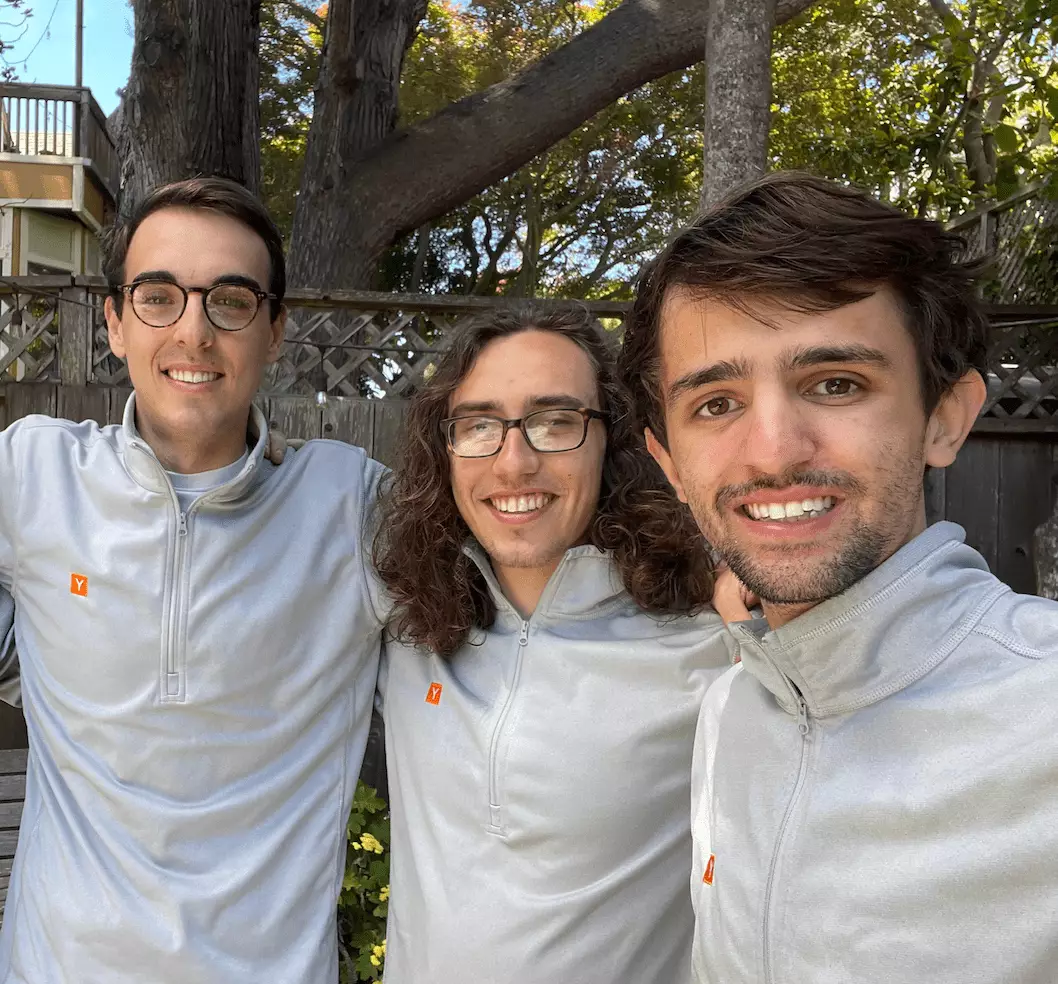In a rapidly evolving tech landscape, the quest for artificial intelligence (AI) agents is becoming increasingly ambitious. Firecrawl, a startup backed by Y Combinator, has recently reignited its hiring ambitions, this time with a hefty budget of $1 million dedicated to securing the most advanced AI agents on the market. Unlike traditional job searches, Firecrawl’s approach focuses solely on developing intelligent systems capable of performing tasks autonomously, paving the way for a future where AI takes on roles attributed to humans.
The venture is daring—especially considering the initial attempt yielded unsatisfactory results. However, founder Caleb Peffer remains persistent, showcasing a refreshing determination in a field often dominated by skepticism. Within a week of posting three new job listings for AI agents, Firecrawl received around 50 applications; a promising start indicative of the growing interest in AI employment.
Navigating the Controversies of Web Crawling
Firecrawl operates in the murky waters of web crawling technology—an essential component in providing data for large language models (LLMs). Yet, as Peffer candidly acknowledges, the web crawling domain is fraught with ethical dilemmas. Bad actors in the space have been known to bombard websites with unsolicited scraping requests, a scenario reminiscent of a Distributed Denial of Service (DDoS) attack. To counteract this image, Firecrawl is striving to carve out a reputation grounded in responsible data scraping practices.
The platform offers its clients tools to not just scrape data but also to do so ethically. It honors protocols such as robot.txt and restricts data collection to single instances on public websites. The aim is to allow organizations to collect their own data effectively while fostering collaboration between businesses and the wider digital space. This complex imagery around web scraping underlines the essential balance between harnessing data and respecting the boundaries established by web administrators.
Redefining Job Descriptions for the AI Era
Among the unique AI roles Firecrawl seeks to fill, one standout position is for a “content creation agent.” This position epitomizes the aspirations of automating creativity—an AI that perpetually generates engaging, SEO-rich blog articles and productivity tutorials with minimal human oversight. It speaks volumes about the evolving nature of work, where machines are not just supplementary but central to content strategies.
The vision extends further: this agent will monitor engagement metrics and adapt its content strategy autonomously. The ambition here is nothing short of revolutionary—imagine an AI capable of continuously refining its output based on real-time audience feedback. Echoes of speculative fiction emerge: not far away lies a world where blogs, product manuals, and instructional content are churned out by AI entities that “never tire” and “always ship.”
AI and Human Collaboration
In a unique twist, Firecrawl is not only searching for AI agents; it is also on the lookout for human creators to design these bots. It recognizes the imperative of pairing human ingenuity with automated capabilities to inspire groundbreaking results. This hybrid approach hints at a future where humans not only manage AI creations but actively engage in their development and refinement.
However, there is an important caveat: Firecrawl’s ambitious pursuit may highlight limitations inherent in current AI technologies. Peffer openly admits that true AI capable of replacing human employees may still be years—or perhaps decades—away. Instead, the goal is to empower human operators to oversee armies of assistant agents, blending human creativity with machine efficiency in unprecedented ways.
The Silicon Valley Dream: A Controversial Reality?
As the quest for AI agents gathers momentum, Firecrawl is not an isolated case. Y Combinator’s job board reflects a broader industry trend seeking individuals capable of designing and managing AI systems. Nonetheless, the oft-quoted hope that AI will replace humans remains a contentious topic: will these digital assistants enhance or encroach upon human employment?
The dialogue surrounding AI continues to broaden, raising critical questions about the roles of both human and machine in the workplace. As companies pursue greater automation, the core inquiry remains—can AI genuinely replicate human ingenuity and emotional intelligence, especially in roles demanding creativity and interpersonal skills?
In a world increasingly automated, a paradigm shift is underway. Firecrawl is emblematic of this evolution, championing a vision that intertwines human employment with groundbreaking technology. The landscape of work may be changing, but within this evolution lies the responsibility to navigate the ethical, creative, and operational challenges that accompany the advent of AI.

